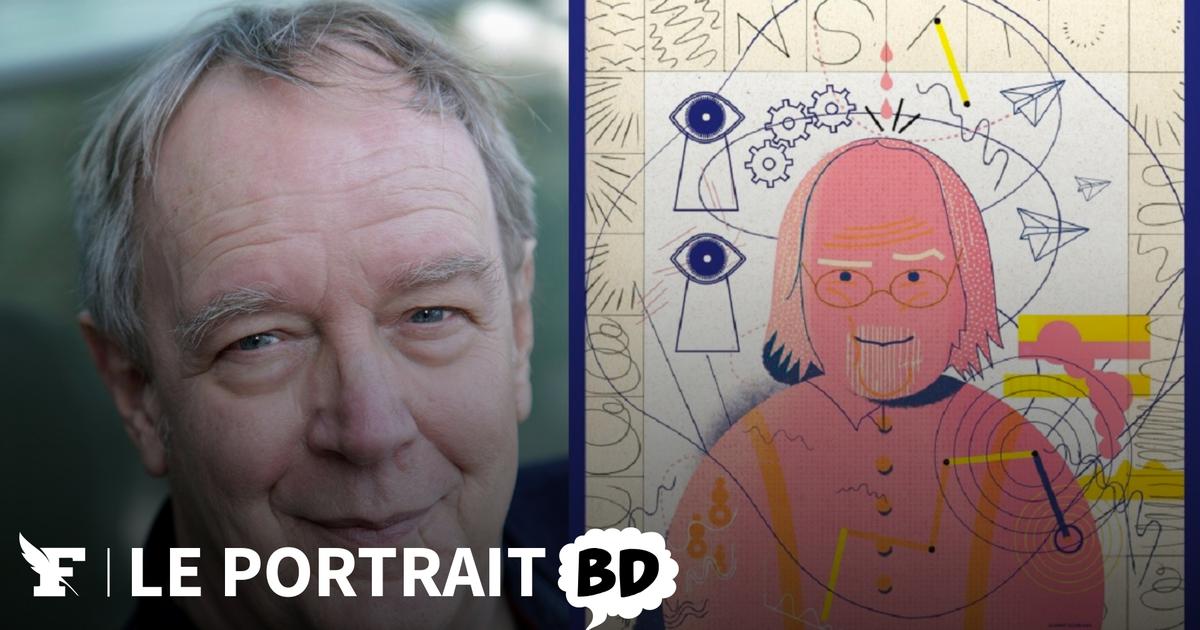She is young, beautiful and talented.
Singer and model, at the age of 19 he has campaigned for Prada, Chanel or Vans, in 2017 he sneaked into the
top ten
of Spotify with his single
Not Mine
and has three million followers on Instagram.
So far, nothing unusual in the profile of Miquela Sousa (@lilmiquela).
But it turns out that this half-Spanish, half-Brazilian celebrity is not flesh and blood, but a computer-created image that has become the first
virtual
influencer
.
Virtual characters have opened a new world of possibilities that creators with talent and commercial flair are taking advantage of. And along with the opportunities, comes the debate about the ethics of their existence, the morals of their inventors and the consequences of wanting to imitate them. “The ethical dilemmas about
virtual
influencers
gravitate around transparency, control and responsibility. Who's behind? Who pays and benefits from them? What parameters and algorithms condition its operation? Who are the moral and legal responsible? ”, Asks Pablo Molina, professor of Ethics and Technology at Georgetown University, in Washington.
Shudu Gram (@ shudu.gram), the first digital supermodel created in 2017, is another figure that is taking social media by storm. A spectacular black-skinned beauty who has established herself as the new fashion icon and whose controversy arises because its creator, photographer Cameron-James Wilson, is a white man. The goal, Wilson explained, was to create a powerful image that highlighted a beauty that he did not see represented in the media; an a priori legitimate motive that does not stop the most critical when they question how we should feel (not only women, but society as a whole) when seeing that a white man engenders a false woman of color with whom he tries to make money. Because in the end, they maintain, it is a commercial product whose objective is to generate the maximum economic benefit.
Neutral media content
“It is important to see
virtual
influencers
for what they are: neutral media content like any other that existed before,” explains Christopher Travers, founder of the Virtual Humans organization, a database of all virtual influencers.
The concern of those who oppose these figures, he believes, is more related to their distrust of the media, the idolatry of celebrities, the culture of influencers or internet addiction than with the influence they generate.
And he defends: "These fake people create real opportunities for everyone involved: photographers, creators of digital images, models, content planners, network administrators, public relations strategists."
These
influencers
are here to stay, mainly due to their commercial advantages. Why hire a real flesh and blood celebrity or supermodel to promote a brand's products when you can create a custom character that has all the necessary characteristics to make you the perfect ambassador.

/cloudfront-eu-central-1.images.arcpublishing.com/prisa/VVVIVKQHCZBFTBOIBKQFTANIYQ.jpg)


/cloudfront-eu-central-1.images.arcpublishing.com/prisa/5PQ3MMSAARAS3G2JIMN7VT64EE.jpg)




